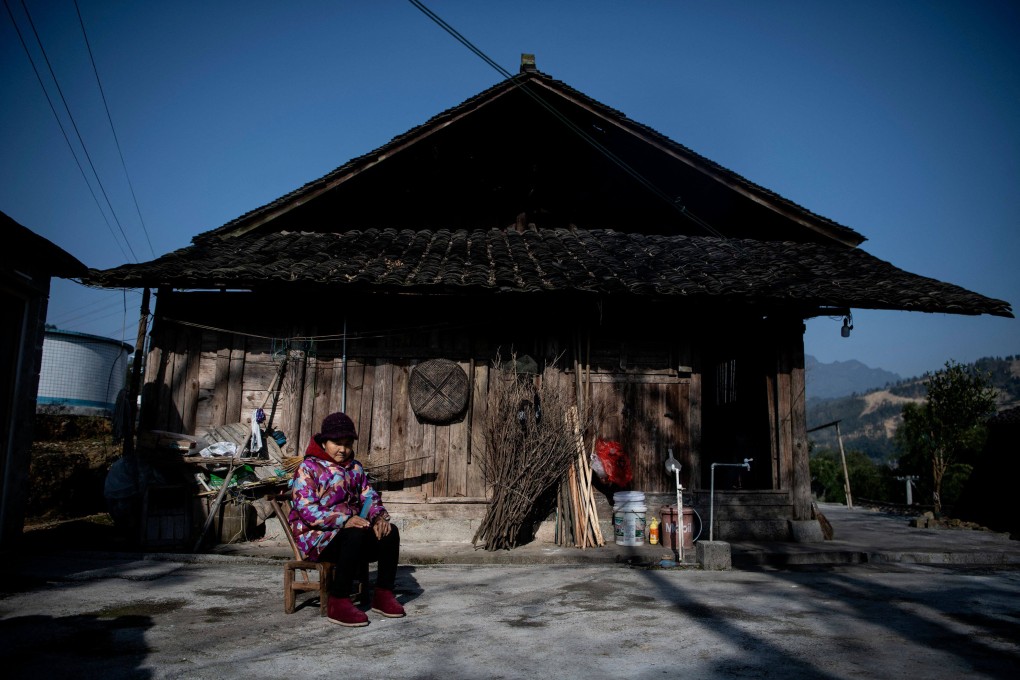Advertisement
The View | How universal basic capital can help China achieve its ‘common prosperity’ goals
- Given China’s economic success, it can use its huge surpluses to create a fund that provides dividends from capital gains on its investments to every family
- Families could draw on their accumulated wealth for their own needs, from housing to medical care and education, or even to start a business
Reading Time:3 minutes
Why you can trust SCMP
20

As China embarks on what President Xi Jinping calls the “third distribution” along the path to reaching “common prosperity” and “socialist modernisation by 2035”, it might want to consider the idea of pre-distribution of wealth through universal basic capital. This would modernise the socialist market economy by spreading wealth more fairly.
Pre-distribution addresses the fundamental dynamic of inequality in all market-driven economies, where an ever-increasing share of national income goes to those who own capital assets – as opposed to those who only labour for their livelihood.
French economist Thomas Piketty famously put this in the equation r > g – that is, return on capital (r) grows faster than the growth (g) of income and output. As he puts it, “the past devours the future” because those without capital income who must live from pay cheque to pay cheque can never catch up with those who compound their wealth through the appreciating value of their investment returns.
Advertisement
The aim of Xi’s “third distribution”, it would seem, is not just to limit concentration of wealth at the top but build it from below. One per cent of China’s population owns 31 per cent of the nation’s wealth. Closing such a wealth gap that sooner or later portends instability in any society can best be done by fostering an ownership stake by all in China’s future prosperity.
China’s economy is an enormously productive and dynamic wealth-generating colossus with world-class enterprises. Instead of the benefits of that success flowing only to the shareholders of Alibaba or Tencent, for example, why not spread the equity around to everyone through a common prosperity fund that would provide dividends from capital gains on its investments to every family?
China could use its huge surpluses to initiate the fund. Rather than follow the standard Western model of the welfare state, which taxes the income of the most successful entrepreneurs to redistribute it to the less well-off after wealth has been created, China could enable all families to share in that wealth creation from the start by requiring all start-ups to assign 30 per cent of their equity to the fund.
Advertisement
Select Voice
Choose your listening speed
Get through articles 2x faster
1.25x
250 WPM
Slow
Average
Fast
1.25x


